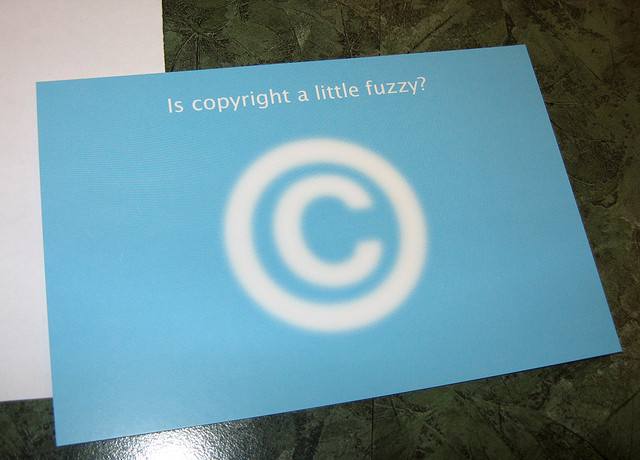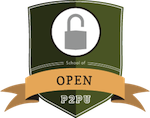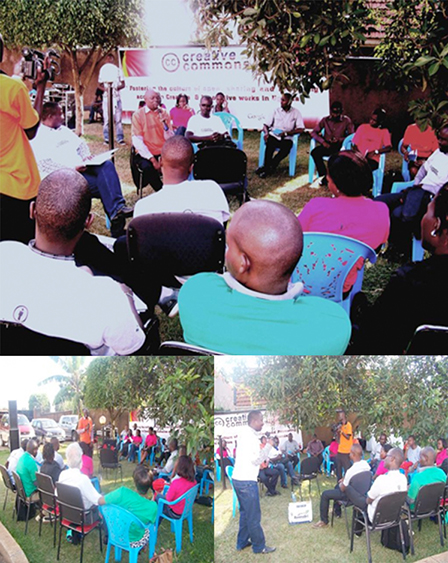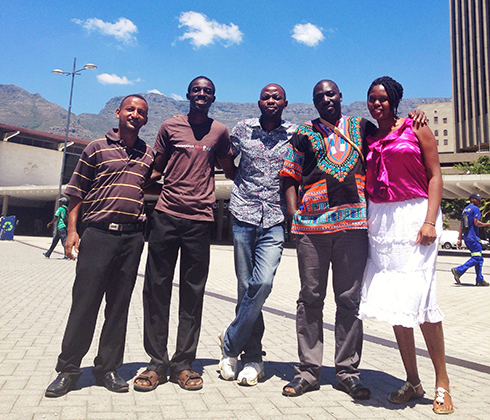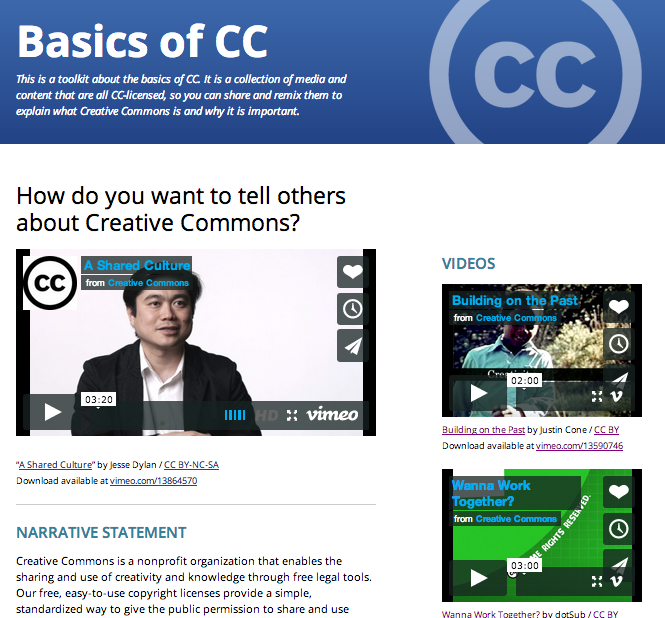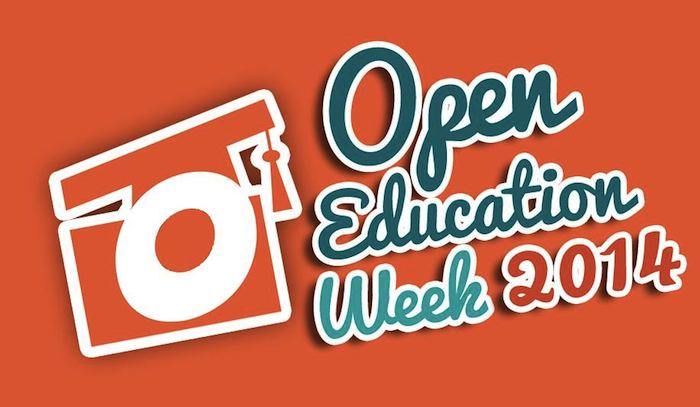Thank you, Donatella Della Ratta
mercredi 19 février 2014 à 01:52
Donatella Della Ratta / Joi Ito / CC BY
Creative Commons extends its deepest gratitude to Donatella Della Ratta. For almost six years, she’s been working as a tireless advocate for Creative Commons and open culture in the Arab world, increasing the knowledge and adoption of CC, conducting outreach to creative communities, and connecting activists throughout the region. Dona has done all of this with grace and tenacity in the midst of an oftentimes unpredictable and sometimes unstable political and social environment in much of the Arab world. We thank you, Dona.
Even though Dona is leaving her position as regional coordinator for the Arab world, Creative Commons will continue to support this incredibly important region. We are in the process of bringing on two new part-time regional coordinators, as we’ve done with other geographic areas. Below is a note from Donatella.
On my way back from Amman, where the fourth Arab Bloggers meeting was held this year, I was thinking that it all started here. Back to early 2008, I was lucky enough to breathe an atmosphere of excitement and change that pervaded the Arab region, and encouraged the Arab youth to gather and discuss ideas, projects, new challenges. Technology played a key role in these gatherings: at the time, open communities such as Linux, Wikipedia, Mozilla, and the like, were being formed and getting together. We started the Creative Commons Arab world community during that wave of change, connecting with the other Arab communities which were using technology to create content together, promote social change, defend freedom of choice – and of expression.
We launched the first archive of CC-licensed broadcast footage with Al Jazeera, at a time when the lack of foreign journalists on the ground in Gaza during the Israeli attack had made information a very precious and scarce resource. Since 2008, many things happened in the Arab region. The Creative Commons Arab community has grown exponentially, and many countries have joined: together with Jordan and Egypt, where we had already official affiliates prior to 2008, informal communities started to gather in Lebanon, Syria, Qatar, UAE, Palestine, Tunisia, Algeria, Morocco, Iraq, Oman, and Mauritania. The latest addition has been Yemen, where few months ago the first training workshop on CC and open licensing was held in Sana`a.
During these years, we have held CC Salons everywhere in the region, from Doha to Casablanca; we have hosted CC Iftars in a number of Arab capitals, from Damascus to Amman. CC Arab communities have gathered in regional meetings four times (2009 Doha; 2010 Doha; 2011 Tunis: 2012 Cairo). We have hosted CC training sessions, panels and hands-on workshops in many regional, tech and community related events. In 2011, we started the first Pan Arab peer-produced and CC-licensed music project, “It will be wonderful”, which is still traveling around the world and being remixed. We produced the first collaborative, open-licensed comics fanzine between Egyptian and Moroccan artists. And many other exciting projects are in the pipeline: books, videos, music, and training toolkits, in Arabic and free to share.
Meanwhile, the Arab uprisings have happened, and this was probably the biggest change that the region witnessed in decades. Today the Arab world lives in difficult conditions: after the first wave of excitement for the toppling of many authoritarian regimes in the region, the civil movement for change has now to face tough challenges. Activists are being jailed and tortured, and creativity and cooperation are being repressed in an atmosphere of dire restoration. One of the most prominent member of the CC Arab world community, Bassel Khartabil aka Safadi, has been imprisoned by the Syrian government for two years without charges, probably being guilty of having dreamt a more free and open society for himself and his peers. Yet, against all odds, the Creative Commons Arab world, together with many other youth-led movements and communities in the region, is still producing content, sharing and building on other people`s ideas, and working for a better, more open society.
After five years spent as Arab world regional coordinator, I am proud to have helped this community to come together, and humbled by the strength and energy of this youth. While I am leaving my official role at Creative Commons, I will always be involved with the amazing Arab community and work together to push forward new ideas and exciting projects, despite all the problems we have to face in the region. And we will be waiting for our friend Bassel Safadi to join us in new, upcoming challenges.
